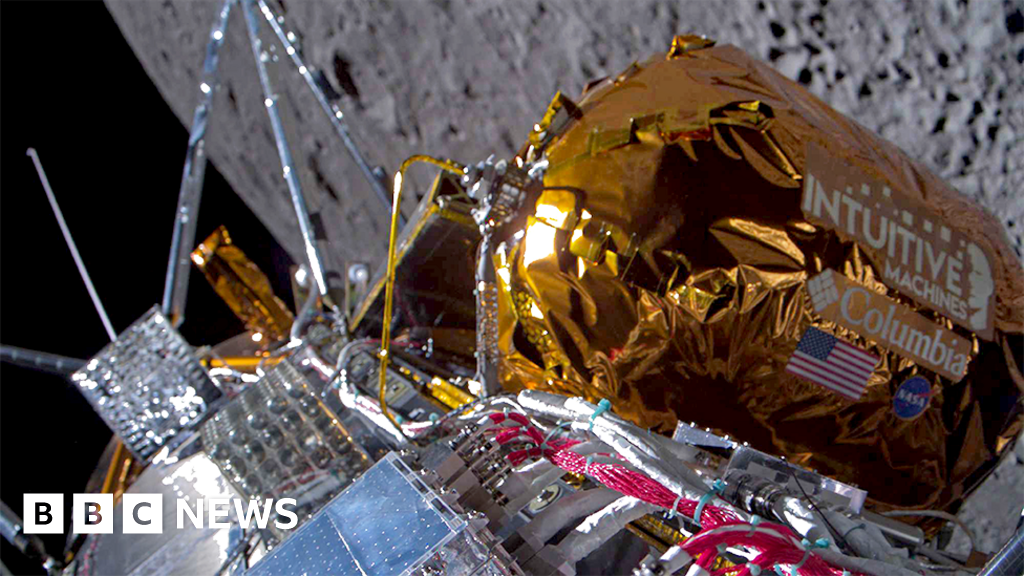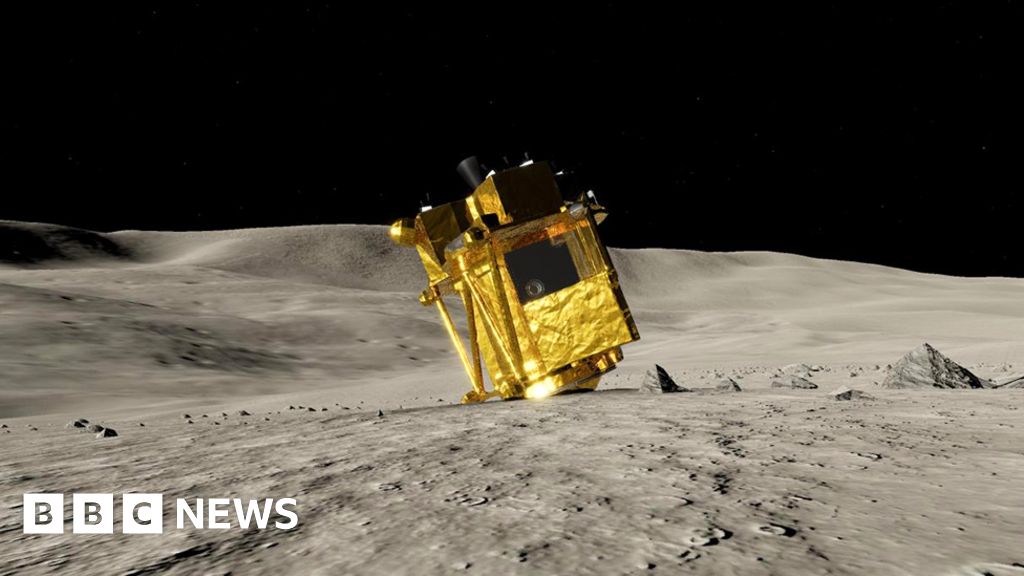Thing is the way the climate appears to be changing, we might need to have another place to inhabit although not in my lifetime.
Certainly we seem to be capable of wrecking this planet and, at some point in the future, I think, the clamour to colonise some other celestial body will grow. Then the fun will begin.
Fully accept that unmanned missions have a huge potential as well as providing great opportunities though.
The idea of colonising even the Moon in any meaningful numbers is, I believe, a complete fantasy even in the medium term, and probably will be for a very long time, by which time it will most likely be far too late for humanity.
Anyway, when the world is burning and human society is collapsing in some (probably not too distant) future time, who will have the wherewithal to accelerate technological advancement and build thousands of rockets, using vast resources that still have to be mined and processed and put together in ultra-sophisticated ways, that would still take only a vanishingly tiny percentage of the population to some unimaginably inhospitable place like the Moon or Mars? Maybe the ultra-ultra-elites, but certainly nobody else.
And the Moon and Mars are by far the 'best', 'easiest' options! Forget the utter hellscapes that are the inner planets Mercury and Venus; and beyond Mars are the gas giants Jupiter and Saturn. Good luck landing there. (I'm not even going to bother with the ice giants Uranus and Neptune, further out again.)
And none of that even takes into account the vast amounts of time required to get anywhere more distant than the Moon - at best months, even to Mars when it's in the right part of its orbit relative to Earth. Nor does it account for the significant resources that just one human requires to survive in space for even a short period of time.
In fuel terms alone, to propel any serious amounts of mass out of Earth's gravity well and get it up to a decent speed would probably require us to crack not just nuclear fusion (which, infamously, is always 'decades away' and still is), but the technology to build very small fusion reactors that would fit inside a rocket. Until that day comes, if it ever does, the overwhelming percentage of the weight of any rocket achieving escape velocity and leaving Earth's gravitational influence will always be the fuel. Think of the size of the
Saturn V with three tiny people right at the top. Nearly all of that monstrous volume was fuel, and we're still using basically the same stuff today.
Then there's acceleration and deceleration - we can't take too many G's for any length of time before our brains turn to mush, so everything has to be done painfully slowly (relatively speaking) in terms of speeding up to leave Earth then slowing down again at the other end. That can add months or years to even a 'short' journey through space.
And then there's radiation and cosmic ray exposure over long periods, and only so many ways to mitigate the problem... the list goes on and on.
Sad to say, we're stuck here, probably for ever because I think we'll cease to exist as a technologically advanced species before we get off the planet in any significant way.
Generation ships,
O'Neill cylinders and their like will, I suspect, always remain firmly within the realms of science fiction and futurology. Unless things work out far better than I imagine they will, I can't see more than a few hundred humans ever living permanently off Earth. I'd love to be wrong, but I won't be here to know one way or the other!
I've loved all things space since I was a kid but that means that I've learned a lot about it over the decades, and in terms of hoping to fulfil Dan Dare/Futurama/Star Trek-type fantasies I'm afraid it turns out that it's pretty much all bad news for us squishy, short-lived mammals.





